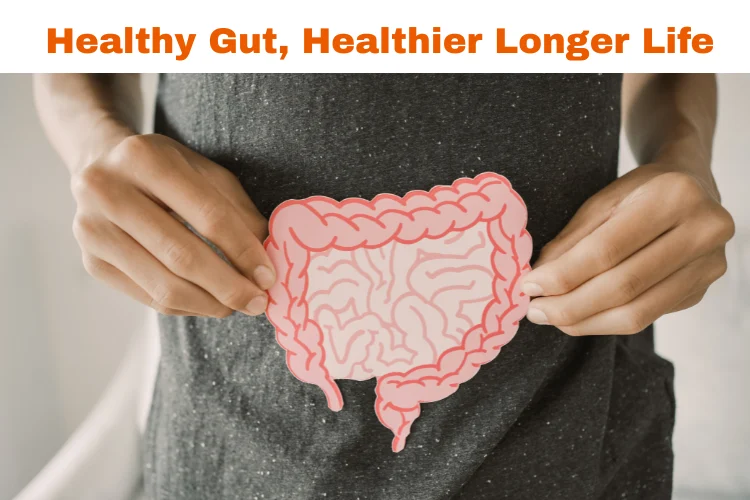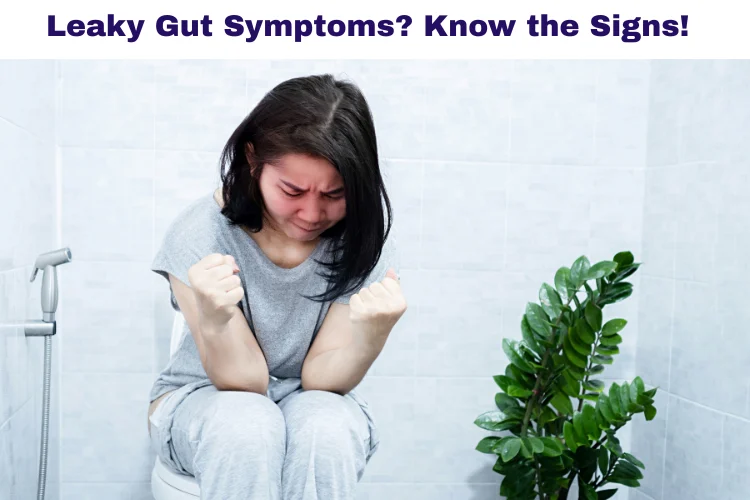Introduction
Have you ever dismissed frequent bloating, constipation, or stomach discomfort as something minor? These symptoms may appear innocuous, but they may be gut warning signs. Your digestive system is so important to your overall health that when it’s out of balance, it affects every part of your body.
What Is Gut Health?
Gut health refers to the balance and function of the digestive system—from your stomach to your intestines. A healthy gut ensures proper digestion, nutrient absorption, immune response, and even mood regulation. The key to good gut health lies in a diverse community of microorganisms (the gut microbiome) that live in your digestive tract.
When this microbiome is imbalanced, it can lead to digestive problems and long-term health issues.
Early Signs of Poor Gut Health
Poor gut health often presents itself through common digestive complaints. These include:
- Constipation: Difficulty or infrequent bowel movements may point to a low-fiber diet or gut motility issues.
- Bloating and Gas: These are signs of imbalanced bacteria in the gut or poor digestion.
- Acid Reflux: Frequent heartburn can result from a weakened digestive system.
- Fatigue and Brain Fog: A disrupted gut can affect your energy and mental clarity.
These signs may seem mild but are often early warnings that shouldn’t be ignored.
The Link Between Constipation and Colon Health
Constant constipation is more than just an annoyance. Over time, it may result in more serious problems like colon polyps or colorectal cancer, or it may cause complications like hemorrhoids or anal fissures. Toxins can accumulate and possibly irritate the colon lining when waste remains in the colon for an extended period of time.
It’s important to take persistent symptoms seriously and see a doctor when they persist, even though not all cases of constipation result in cancer..
Colon Cancer: A Serious Gut Health Concern
Colon cancer is one of the most common and preventable cancers. It often begins as benign growths called polyps in the colon or rectum. If these polyps are not removed, they may eventually turn into cancer. Risk factors consist of:
- Prolonged digestive problems, such as rectal bleeding or constipation
- A poor diet that is heavy in processed foods and low in fiber
- Family history of colorectal cancer
- Inflammation in the gut
Routine screenings and colonoscopies are vital, especially for individuals over 50 or those with persistent symptoms.
Colorectal cancer symptoms: Early Signs & Treatment Options
How to Improve Your Gut Health
You can improve your gut health with simple lifestyle changes:
- Eat a high-fiber diet: Include fruits, vegetables, legumes, and whole grains.
- Stay hydrated: Water helps soften stool and keeps digestion smooth.
- Add probiotics and prebiotics: Yogurt, kefir, and fermented foods support a healthy microbiome.
- Exercise regularly: Physical activity encourages bowel movement and improves gut function.
- Limit processed foods and sugar: These can harm beneficial gut bacteria.
Taking these steps can dramatically improve digestion and reduce your risk of digestive disorders.
When to See a Doctor
It’s important to consult a healthcare professional if you experience:
- Rectal bleeding
- Persistent constipation or diarrhea
- Unexplained weight loss
- Changes in stool appearance or frequency
- Family history of colon cancer
Early diagnosis can prevent minor gut issues from escalating into life-threatening diseases.
FAQS
1. Why is gut health important, and what is it?
It speaks to the harmony of beneficial bacteria in your digestive tract, which promotes healthy digestion and general well-being.
2. How does constipation result from gut health issues?
Constipation can result from slow digestion caused by an imbalance in gut flora.
3. Is constipation a risk factor for colon cancer?
Constant constipation can irritate the colon and marginally increase the risk of cancer.
4. What symptoms indicate poor gut health?
Bloating, gas, and irregular bowel movements are typical symptoms.
5. Which foods naturally enhance gut health?
High-fiber foods and fermented items like yogurt and kimchi help.
6. When should I see a doctor if I have digestive problems?
Consult a physician if symptoms worsen, include bleeding, or cause weight loss.
Conclusion
Gut health is more than just avoiding occasional indigestion. It’s a cornerstone of your overall health. By paying attention to your digestive symptoms and taking proactive steps, you can protect yourself from chronic issues like constipation and even serious diseases like colon cancer.
Listen to your gut—it could be the key to lifelong health and cancer prevention.


